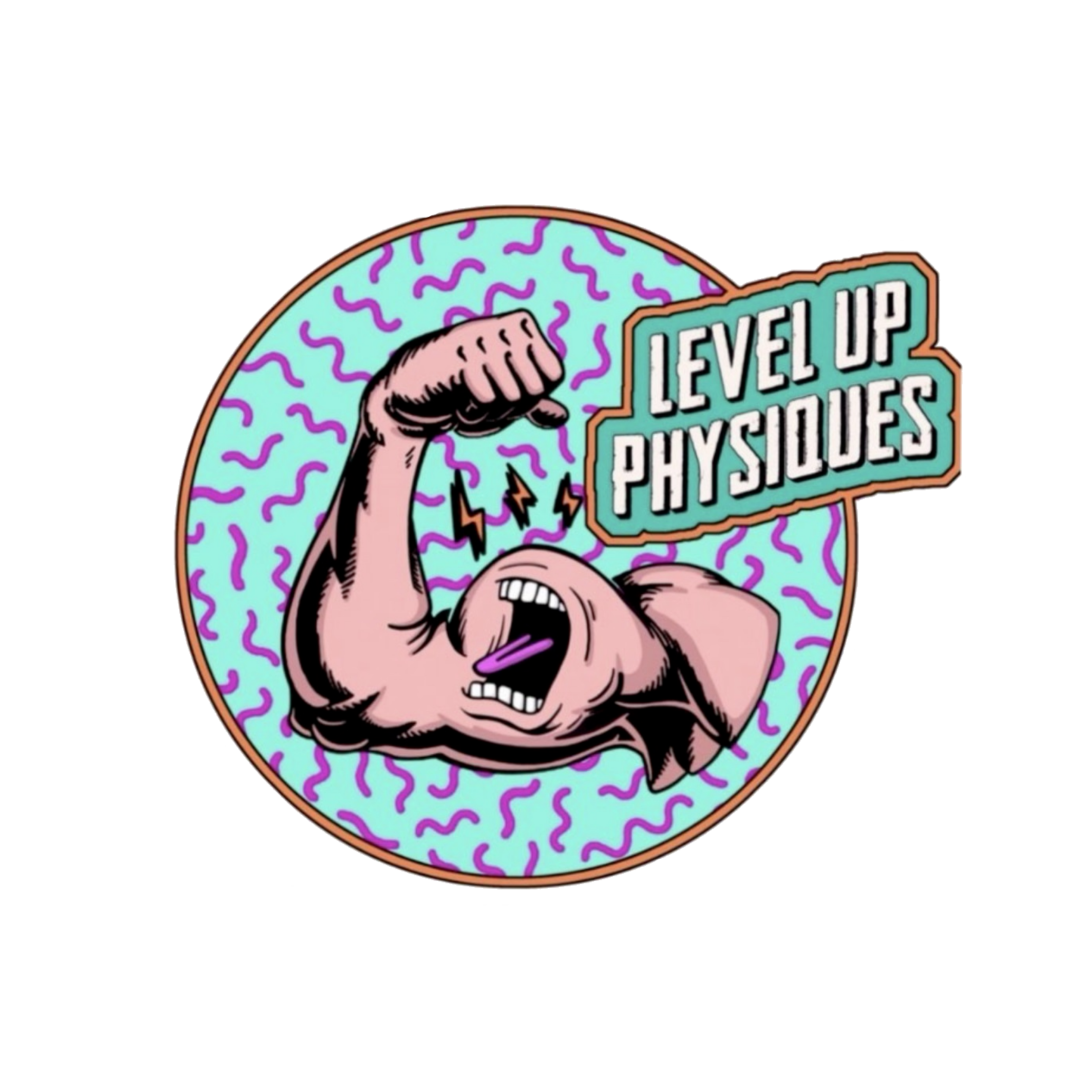Conquering Hunger: Navigating Caloric Deficits for Bodybuilding Success
Are you ready to embark on your bodybuilding journey but feeling daunted by the challenge of managing hunger while in a calorie deficit? Fear not! Hunger doesn’t have to sabotage your progress. In this blog, we’ll explore effective strategies to control hunger, optimize your nutrition, and achieve your physique goals—all while keeping your sanity intact!
Understanding Hunger in a Caloric Deficit
When you enter a caloric deficit—consuming fewer calories than you burn—your body responds in various ways, and increased hunger is one of them. Understanding the science behind hunger can empower you to take control.
The Science of Hunger
Hunger is regulated by complex hormonal signals that communicate with your brain, primarily involving:
Ghrelin: Often dubbed the "hunger hormone," ghrelin levels rise when you’re in a calorie deficit, signaling your body to eat more.
Leptin: This hormone helps regulate energy balance by inhibiting hunger. When in a deficit, leptin levels can drop, further promoting hunger.
Why Hunger Management is Crucial
For bodybuilders and fitness enthusiasts, effectively managing hunger is critical to:
Maintain Muscle Mass: Excessive hunger can lead to binge eating, which jeopardizes your hard-earned muscle.
Improve Adherence: The more you control your hunger, the easier it becomes to stick to your nutrition plan.
Enhance Performance: Proper hunger management supports energy levels, ensuring you can perform optimally in the gym.
Strategies for Hunger Control
1. Prioritize Protein
Protein is your best friend when it comes to feeling full! It has the highest satiety value compared to carbs and fats, which means it can help keep hunger at bay.
Recommended Intake: Aim for at least 1.6 to 2.2 grams of protein per kilogram of body weight.
Protein-Rich Foods: Incorporate lean meats, fish, eggs, legumes, and dairy into your meals.
2. Load Up on Fiber
Fiber is another key player in hunger control. It slows digestion, promotes feelings of fullness, and helps stabilize blood sugar levels.
High-Fiber Foods: Include fruits, vegetables, whole grains, and legumes in your diet.
Daily Goal: Aim for at least 25 grams of fiber per day.
3. Stay Hydrated
Sometimes, thirst masquerades as hunger. Staying hydrated can help curb unnecessary snacking.
Water Intake: Aim for at least 2-3 liters per day. Drinking a glass of water before meals can also reduce overall calorie intake.
4. Opt for Voluminous Foods
Choosing foods that are low in calories but high in volume can help fill you up without exceeding your calorie limits.
Examples: Leafy greens, zucchini, cucumbers, and broth-based soups can all add volume to your meals.
Meal Prep Tips: Prepare large salads or vegetable soups that can be enjoyed throughout the day.
5. Plan Your Meals
Strategically planning your meals can help manage hunger effectively. Regular meal timing can stabilize your blood sugar and prevent excessive hunger.
Meal Frequency: Consider eating smaller, more frequent meals throughout the day.
Meal Prep: Prepare healthy meals in advance to avoid impulsive eating when hunger strikes.
6. Mindful Eating
Practicing mindful eating can help you become more attuned to your hunger cues, making it easier to recognize when you truly need to eat.
Tips for Mindful Eating:
Eat slowly and savor each bite.
Avoid distractions (like screens) while eating.
Listen to your body's hunger signals.
Recognizing Emotional Eating
Hunger isn’t always physiological; it can also be emotional. Being aware of emotional eating triggers can help you develop healthier coping mechanisms.
Journaling: Keep a food and mood diary to identify patterns in your eating habits.
Alternative Coping Strategies: When feeling the urge to snack out of boredom or stress, consider alternative activities like going for a walk, meditating, or engaging in a hobby.
The Role of Supplements
While whole foods should always be your priority, certain supplements may support hunger management:
Fiber Supplements: Products like psyllium husk can boost fiber intake without adding too many calories.
Protein Shakes: These can provide a convenient protein source, especially post-workout.
Final Thoughts: Your Path to Hunger Control
Ready to conquer your hunger while on a calorie deficit? Here are some practical takeaways to implement immediately:
Increase Protein Intake: Focus on including high-protein foods in every meal.
Add Fiber: Incorporate fruits, vegetables, and whole grains to boost your fiber intake.
Hydrate: Drink water throughout the day to keep hunger at bay.
Plan Your Meals: Prepare meals ahead of time to avoid last-minute temptations.
Practice Mindful Eating: Slow down and savor your meals for greater satisfaction.
By effectively managing hunger, you’ll set yourself up for success on your bodybuilding journey!
Get Started Today!
For tailored coaching and strategies that fit your unique journey, check out our Results Page to see real transformations from our clients. If you’re ready to take action, apply for coaching today and let’s achieve your goals together!

